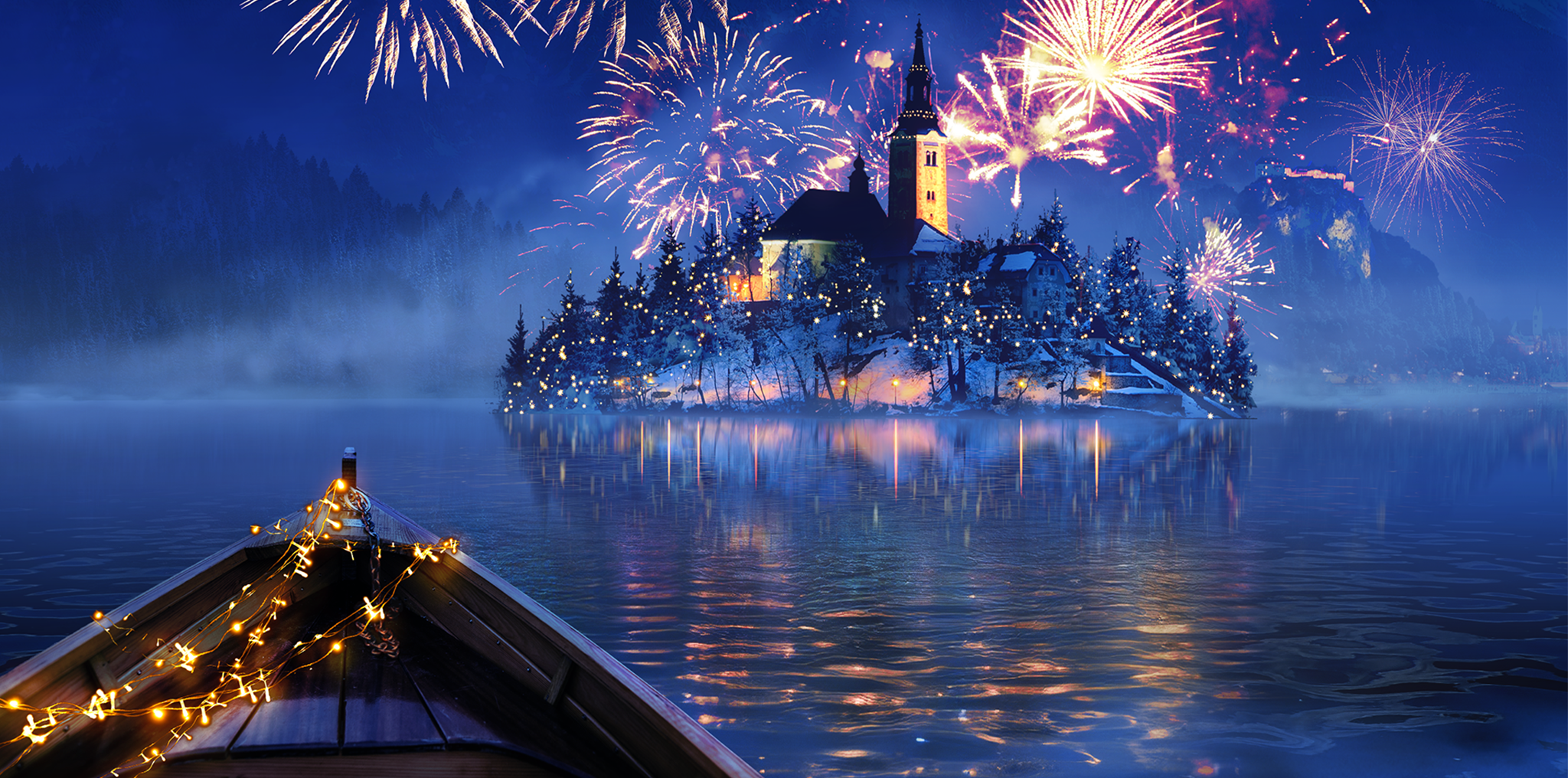
Hokkaido and the significance of water
Konnichiwa, Anglers of Fishing Clash! Holidays are around the corner and with them, we get some extra time to spend with our families, loved ones, and friends! As always, Fishing Clash is here for folks who are in search of a moment’s peace, regardless of whether you’re new to leisure fishing or deep in the richness of our game!
Today, we’re introducing our new fishery: the beautiful area of Hokkaido, Japan! Players new and old will be able to experience this magnificent location, our tribute to the people of Japan, with their appreciation for nature and beauty, and the timeless wisdom of their rich culture. Although this latest fishing spot is a high-level one, Anglers who are not yet at this stage of the game will also be able to visit the serene waters of Hokkaido, as it’s open as a seasonal fishing spot for all to witness and enjoy!

In today’s article, we’re exploring a different topic than our usual investigation into the area’s history! Since the New Year is almost here, we wish to meditate on an ever-so-present force, without which we wouldn’t be here and couldn’t enjoy fishing as such. Today, we’re looking into water! We all know its cleansing power, just as we all look forward to a clean slate in the upcoming year. We use and drink water daily, but don’t often ponder on its meaning, symbolism, significance, and importance. So, before we enter 2025, hopefully to be filled with our various ambitions and opportunities, let us stop by the water’s edge and look at it through the lens of the cultural and spiritual life in Japan. Glasses of tasty water ready? Time for a read!
The significance of water in Hokkaido and Japan
Water holds a profound place in the spiritual and cultural life of Hokkaido and Japan, carrying in it far more than its physical properties. For the Indigenous Ainu people of Hokkaido, water is sacred, imbued with kamuy, or spirits, that inhabit rivers, lakes, and springs. These spirits are honored as givers of life, and rituals often involve offerings and prayers to ensure balance and harmony between humans and the natural world. Rivers are not merely practical resources but sacred spaces, where the boundaries between the material and the spiritual blur. This reverence reflects the Ainu worldview, which sees water as both a divine gift and a responsibility, a connection to the rhythms of the land.
In Shinto, Japan’s Indigenous religion, water plays a pivotal role in purification and spiritual preparation. Rituals such as temizu, performed at shrine basins, involve washing one’s hands and rinsing the mouth to cleanse not only the body but also the mind and soul. This act of purification allows worshipers to approach the sacred with clarity and respect, embodying the transformative power of water as a medium that bridges the mundane and the divine. The concept of water as a purifier extends beyond religion into daily life, where it serves as a metaphor for adaptability, resilience, and the pursuit of inner tranquility – a philosophy captured in the idea of mizu no kokoro, or “the mind of water.” To embody mizu no kokoro is to embrace life’s inevitable flow, gracefully adapting to change and finding peace in the face of adversity. Just as water takes the shape of the vessel it occupies, this philosophy teaches individuals to remain flexible, responding to life’s challenges without resistance. At the same time, water’s ability to carve stone over time illustrates the quiet power of persistence, a reminder that even the gentlest forces can create profound change. This metaphor pervades many aspects of Japanese life, from interpersonal relationships to artistic expressions, where harmony and fluidity are often prioritized over rigidity or confrontation.

Water that shapes the present
The connection between water and the spiritual is further celebrated in the everyday practices and traditions of Hokkaido’s people. Onsen (hot springs), abundant across the island due to its volcanic activity, are not only places of physical relaxation but also spiritual renewal. Immersing oneself in these mineral-rich waters is an act of communion with the earth’s primal forces, a moment to reflect and rejuvenate. In Hokkaido’s harsh winters, when snow blankets the landscape, its melting into rivers is seen as a renewal of life itself, nourishing the fields and ecosystems that sustain the island’s communities. Festivals celebrating water, from the lantern-lit celebrations along the Otaru Canal to gatherings at Lake Tō ya, highlight its role as both a life-giver and a symbol of unity.
Water also flows through Japanese art and aesthetics as a symbol of impermanence and renewal. Zen gardens, with their raked gravel mimicking streams, and haiku poetry, which captures the fleeting beauty of rain or dew, reflect water’s ability to evoke both stillness and motion. In this cultural context, water represents the transient nature of existence, echoing Buddhist and Shinto teachings that life is ever-changing, like the currents of a river. This philosophical view deepens the spiritual significance of water, transforming it into an enduring symbol of beauty and wisdom, woven into the fabric of Japanese thought.
In Hokkaido, water remains central not just to spiritual practices but also to cultural identity. Its pristine lakes, like Akan and Mashū, and unspoiled rivers, such as the Kushiro, are not only natural wonders but also living embodiments of the island’s bond with nature. These waterways sustain life, inspire awe, and remind people of their interconnectedness with the environment. Across Japan, this reverence for water is a constant, whether it’s in the ritual cleansing at a shrine, the serene flow of an onsen spring, or the poetic ripple of rain in a quiet garden. Water is at once sacred, essential, and symbolic, a timeless reminder of life’s flow, balance, and renewal.
What water gave us
As we cast our lines into the serene waters of Hokkaido, let us both revel in the joy of fishing and reflect on the profound significance of the element that makes it all possible. Water, in Hokkaido and across Japan, is far more than a mere setting for our pastime – it is a sacred force, a life-giver, and a symbol of balance and renewal. From ancient Ainu rituals honoring its spirits to Shinto purification rites that invite clarity and harmony, water flows through the heart of Japanese culture as a source of spiritual connection. It reminds us to be adaptable like a stream, resilient like the river carving its path, and tranquil in the face of life’s challenges. The new Hokkaido fishery invites us to immerse ourselves in the beauty of the game, but also in the timeless wisdom carried by every ripple and current. So, as you reel in your next catch, dear Angler, please also take a moment to appreciate the water’s quiet power, and let its essence inspire your own journey, both in Fishing Clash and the year ahead!










